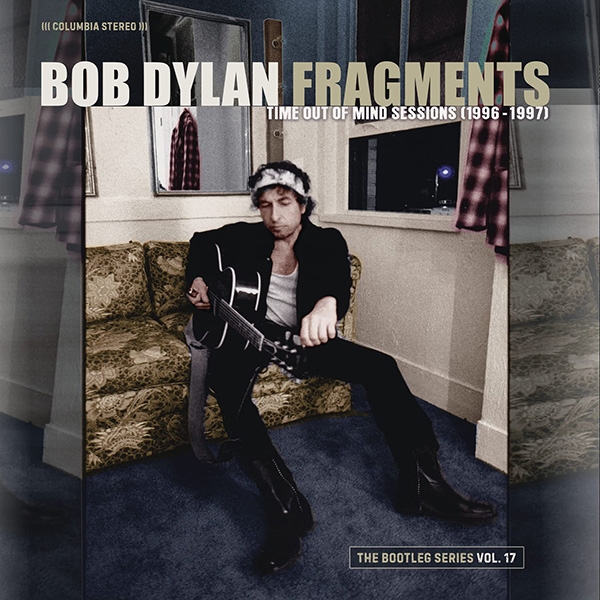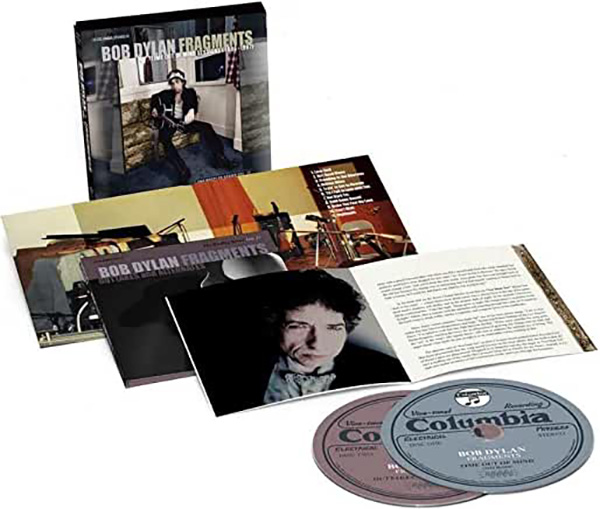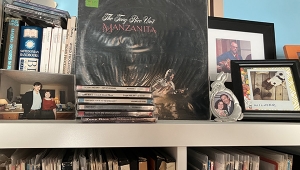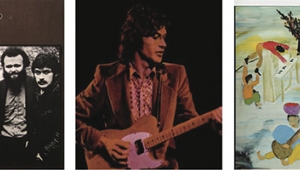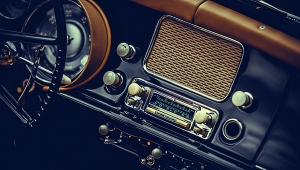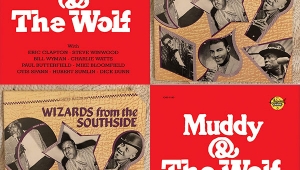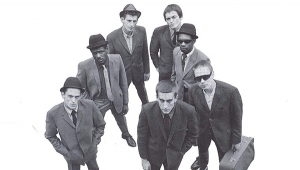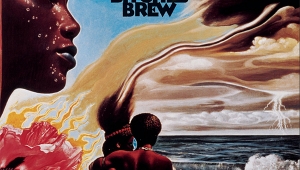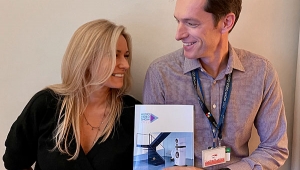| Columns Retired Columns & Blogs |
It could almost be a cocktail party topic: "Best Dylan Bootleg Editions."
Volume 17 is in my top 3.
Volume 8 simply rocked by brain and 11 is truly essential.
I'd buy an album composed of only his versions of Mississippi, so I may not be the ultimate arbiter. But, I went for the ten LP version of this and find it worthy.
Thanks for reviewing this release.
Side discussion: "Mississippi" from Disc One, side one, volume 8 is my personal favorite.
'Unreleased, Time Out of Mind....6:04'
I use it for Hi Fi demo material, that great. Eerily great!
_
(I secretly admit the 'objective' most 'important' Bootleg release is volume 11.)
